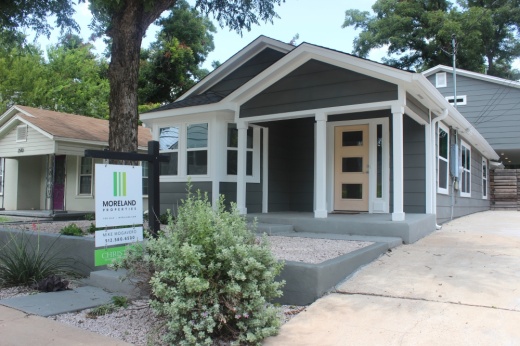Austin Board of Realtors data for February released March 15 shows that total home sales continue to increase this year in addition to the rising median sales price of homes. ABoR foresees a promising year for Austin’s housing market, despite supply and demand insufficiencies.
“February was a very active month for our housing market as sales price records continue to be broken,” ABoR President Cord Shiflet said in a press release. “We’re hearing from economists that last month’s numbers are a potential harbinger of a big year ahead even as our market continues to deal with insufficient supply compared to demand resulting in the steady cycle of home price increases.”
In February 2021, Central Austin had a total of 356 home sales, which is a 25.8% year-over-year decrease compared to this year’s sales. Southwest Austin, however, saw a 12.7% year-over-year increase in closings last month compared to last year in February.
As for new listings, there has been a rise in new listings for both Central and Southwest Austin in February this year compared to January. Central Austin had 303 new listings last month, compared to 257 in January. Southwest Austin had 255 new listings in January, compared to 335 new listings last month.
Central Austin had 303 new listings in February this year compared to 313 new listings in February 2021—a 3.19 % decrease. Meanwhile, Southwest Austin had a 40.76% increase in new listings last month compared to February 2021.
Regardless of fluctuations in total home sales and new listings between Central and Southwest Austin, both areas have seen a steady increase in median price of homes over the past four years, as previously mentioned. Confusion and conflict across the world can impact housing affordability as well as the economy both locally and nationally, said Mark Sprague, state director of information capital at Independence Title.
“The uncertainty in eastern Europe has stalled rising interest rates and contributed to keeping mortgage rates domestically below 4%, which is historically low,” said Sprague in the press release. “Ultimately, however, the already accelerated rate of inflation is expected to rise even further—hurting renters, buyers and builders who continue to grapple with fast-rising construction costs,” he said.





